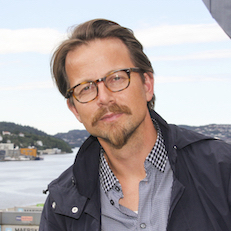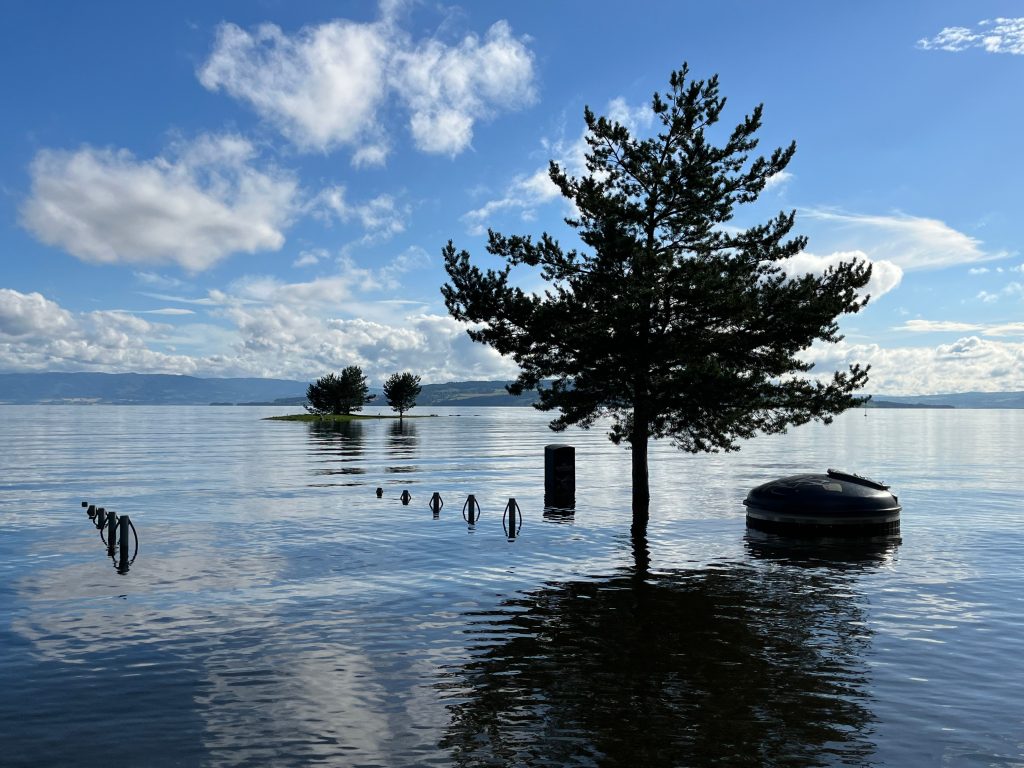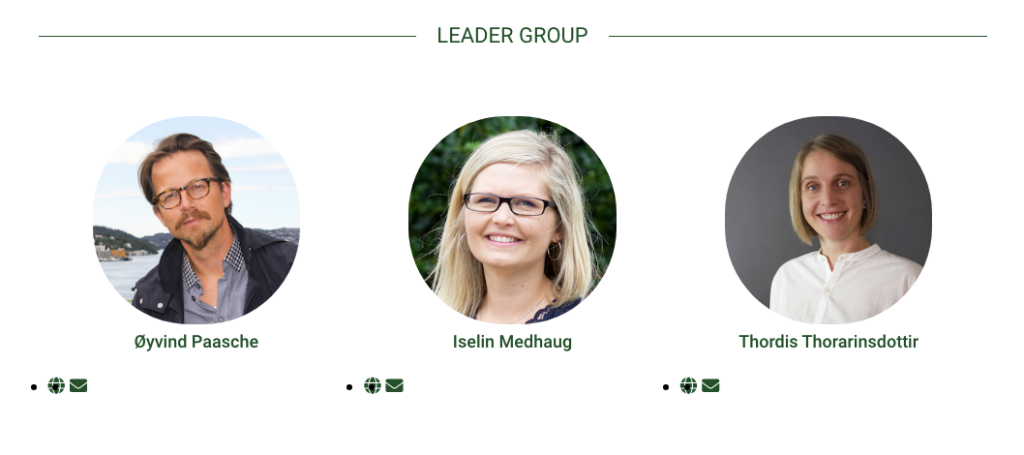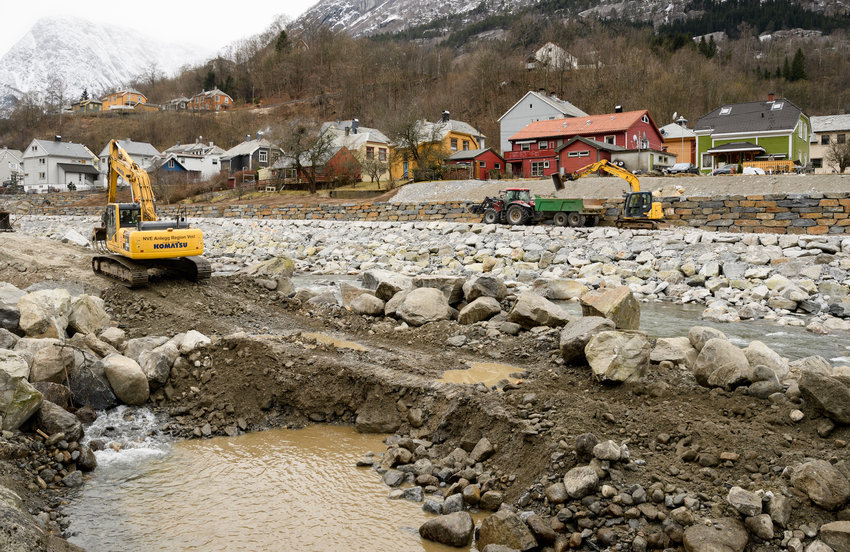Øyvind Paasche has taken over the leadership of Climate Futures from Erik Kolstad, who will now work as Chief Scientist in the centre. Paasche has been involved in the centre since the application stage, and has clear ambitions for the centre’s further development and the collaboration between partners.
Must be relevant to the partners

Climate Futures collaborates with nearly 40 partners from varoius climate and weather-sensitive sectors. The aim is to create new solutions to predict and better manage the increasing climate risk. From having spent the first two years developing the innovation areas and testing methodology from scratch, the center has developed services and products that are relevant to industry partners. Paasche emphasizes the importance of the center being relevant to the partners.
– It is our job, together with the partners, to identify and address things that may have an impact, says Paasche, who was previously responsible for the innovation work in the centre.
Climate Futures aims to be a hub where all partners can meet and be heard, finding solutions to various challenges and problems. Earlier this autumn, a large group of partners met for a general meeting at Statkraft. Paasche thinks it has become easier to see the different opportunities that are important to users and researchers:
– I think that the engagement at the general meeting is an expression that we are getting closer to what is of interest and significance to the user partners. It is easier to see how the questions they have and the requests they make can be developed into services and products that are useful. It is a trust that we have managed to establish together and they also gain a different overview and understanding of the other partners, says Paasche.
The center organizes the projects in four innovation areas; Smart shipping, Sustainable food production, Renewable energy and Resilient societies. Each of these nodes consists of representatives from research, public administration and industry.
– We must ensure that we are relevant partners. We have noticed an increasing interest across nodes, academic disciplines and interests. There is enormous potential in creating good problem statements, but research cannot be a one-way system. The centre’s success depends on good dialogue and good cooperation. We have become better at being part of that dialogue, continues Paasche.

New weather records provide increased understanding
Severe changes in the climate have become apparent this summer through the high temperatures in the North Atlantic, new global temperature records, and the extreme weather event “Hans”.
– People are increasingly realizing that we are entering a new climate regime and that there is a rather desperate need to develop knowledge, insight and approaches that enable us to better handle this risk. There is also a growing interest from the political side. During the three years we have been working, there has been a string of public reports that range from rambling criticism to attempts at solutions, such as the Office of the Auditor General of Norway and the Storting white paper no. 26, entitled ” Klima i endring – sammen for et klimarobust samfunn”, says Paasche.
There are many examples highlighting the increased need to address how we handle climate risk in Norway. Changes create opportunities, not just limitations. Storm Hans recently ravaged several places in southern Norway, revealing that there is room for improvement:
– Much time is lost in discussions. If the parties involved do not test out new things, they do not build experience in the field. Experience makes you better suited to handle the challenges ahead – you learn from it, but also how to better apply the climate forecasts we develop. Many users have already gained a deeper understanding of the extent of the changes, how quickly they can come, and how to adapt to them, Paasche concludes.

The leader group in Climate Futures consists of Øyvind Paasche (NORCE), Iselin Medhaug (NORCE) and Thordis Thorarinsdottir (UiO).

